Artificial Intelligence continues to scare the bejeezus out of tons of Americans, especially thinking people who worry that its ascendancy will enable the general populace to be even more ignorant, or that it will cause the loss of more blue-collar manufacturing jobs here in America, or that it will hurt those of us in the creative arts (including conservative writers here at RedState and Townhall Media) as it scrapes our writing and radio and TV content, enabling competitors who are not good allies to copycat or replicate programming written by machines and deliver them to our audiences.
Usually, the entertainment industry is not the friend of conservatives. Hollywood most definitely is not. But those of us worried that AI may ultimately cause all of us to be laid off, making money only if we can figure out how to deploy our own Terminators to bill out to other Terminators while we cash checks and lose all the sense of self-worth and validation that work provides might actually have to thank the entertainment industry—or at least part of it.
A new music lawsuit is seeking to set a copyright precedent that would make it very difficult to replace humans with machines. In a fun twist for conservatives, it is also playing out right in the home of the country music industry: Tennessee.
Here’s the background, via Axios:
Universal Music Group and other major record labels sued Anthropic on Wednesday for using its AI tool to distribute copyrighted lyrics without a licensing deal.
[...]
The complaint focuses on OpenAI rival Anthropic's Claude 2, a chatbot that was released in beta in July.
Last month Amazon announced a $4 billion investment in Anthropic, joining Google's $300 million stake.
Legal observers seem to rate this lawsuit as having a good chance of success.
"These claims are stronger," Katie Gardner, partner at the law firm Gunderson Dettmer, told Axios. "Plaintiffs have identified output that is substantially similar (and in some cases identical) to the copyrighted input, and there is already a robust market for licensing music lyric data," Gardner said in an email.
"The brazen duplication of exact lyrics down to the letter is what sets it apart," says SoundExchange CEO Michael Huppe, who argues that artists should be entitled to the "three Cs" when it comes to AI use of their work: consent, credit, and compensation.
For those of us who create for a living (and that’s me and everyone else at this website, plus everyone you listen to on talk radio, or podcasts, or everyone you watch on Fox News, or Rumble, or anywhere else that produces news), this is important. It’s also important for you, as a consumer of information.
Odds are you read or listen to or watch who you do because you like their personality, their takes, the things they focus on and take an interest in. Machines can never replicate that human element.
If this lawsuit succeeds, it will mean “the machines”—and their owners— have a far diminished chance of even being able to try without us actual creators being fairly credited and compensated. That matters a lot for conservatives who are already constantly battling a media that does not see the world the way we do, and who are already functioning with a deficit of information that speaks to our needs and priorities.
It's really hard to imagine how, as a society, we put the AI genie back in the bottle. But if this lawsuit succeeds, it could be one way of ensuring that it is more appropriately used and contained. If the lawsuit doesn’t succeed, it will tell us a lot about what federal legislation will need to be put on the books to accomplish the end goal. Thank goodness for Nashville, or something like that.
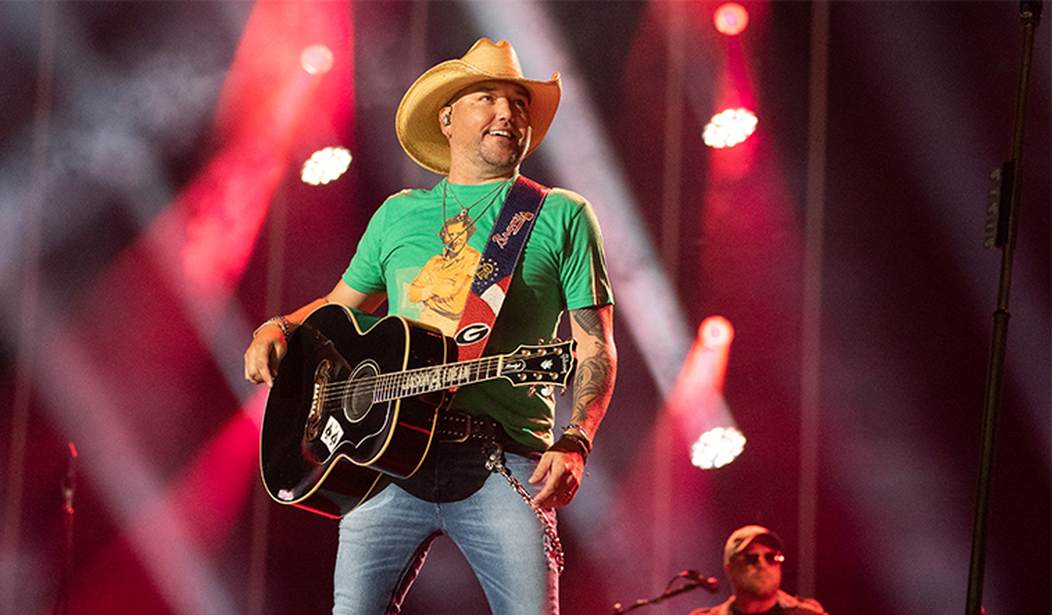

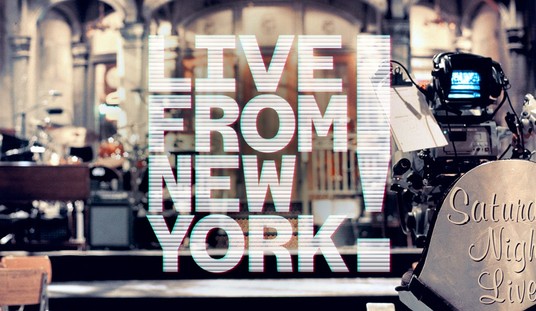



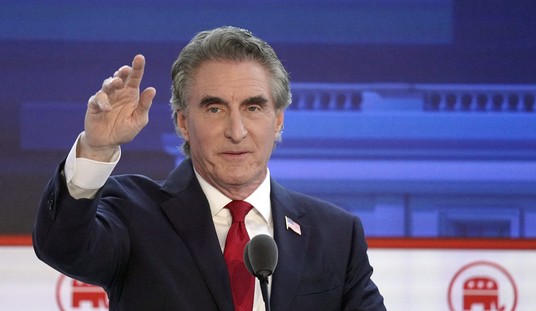



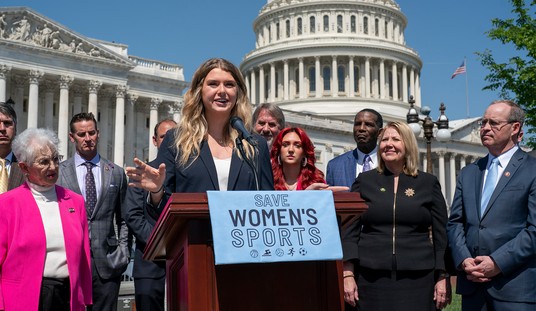
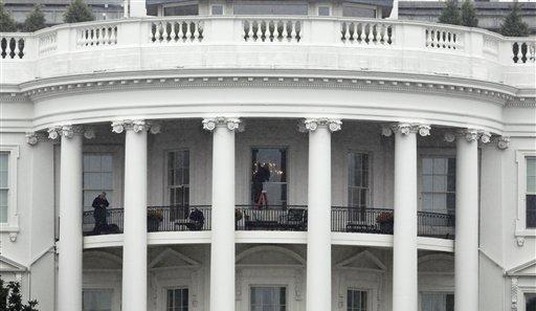
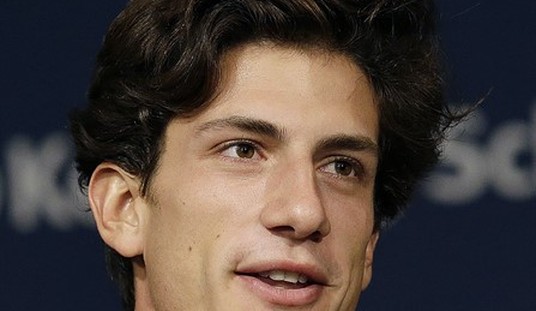
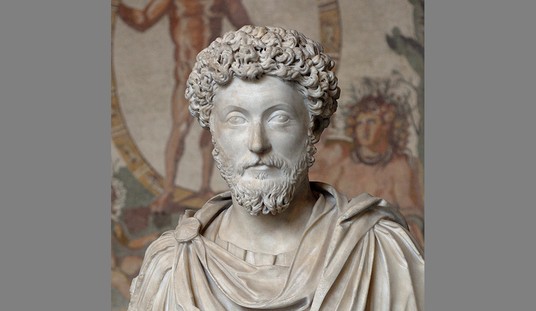
Join the conversation as a VIP Member